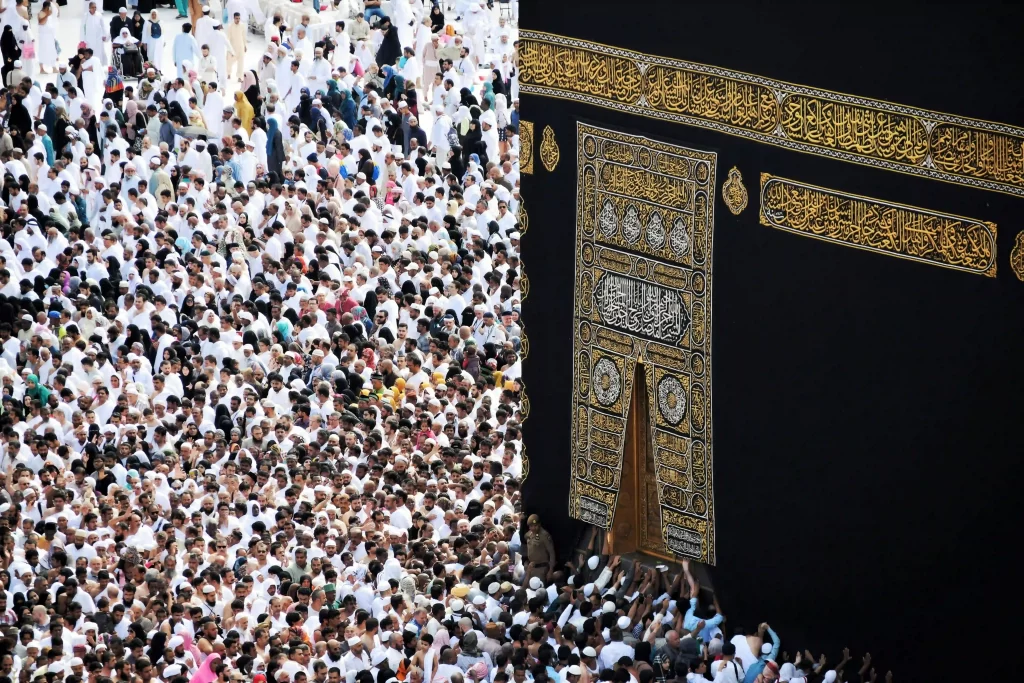The Islamic Golden Age (8th to 14th century) witnessed one of the most significant periods of knowledge expansion, creativity, and innovation in human history. From medicine to mathematics, Muslim scholars contributed to almost every branch of science and technology—shaping the world we know today.
1. Algebra & Decimal System
Al-Khwarizmi introduced Algebra and Hindu-Arabic numerals that replaced the Roman numeral system, forming the foundation for modern mathematics and computing.
2. Experimental Science
Ibn al-Haytham was among the first to emphasize the scientific method, advocating hypothesis, experimentation, and observation—centuries before Galileo.
3. Pharmacology & Hospitals
Islamic cities pioneered well-organized hospitals with separate wards, pharmacies, and libraries. Ibn Sina’s Canon of Medicine became a medical standard for over 500 years.
4. Maps and Navigation
Muslim geographers like Al-Idrisi created detailed world maps, while navigators used advanced astrolabes and compasses to explore vast territories across the oceans.
5. Clocks and Engineering
Al-Jazari, a mechanical genius, invented elaborate water clocks and automated machines, including early robotics. His inventions were precursors to modern engineering.
6. Astronomy and Timekeeping
Muslim astronomers developed sophisticated observatories and calculated planetary orbits. They enhanced calendars and prayer time accuracy across the Muslim world.
7. Libraries and Knowledge Preservation
The House of Wisdom in Baghdad preserved and translated ancient Greek, Persian, and Indian knowledge, making it accessible to the world through Arabic.
Final Reflection
The story of Muslim innovation is a testimony to the power of knowledge and faith walking hand in hand. These contributions serve not only as a source of pride but also as a call for modern Muslims to rekindle the light of discovery, ethics, and creativity.

